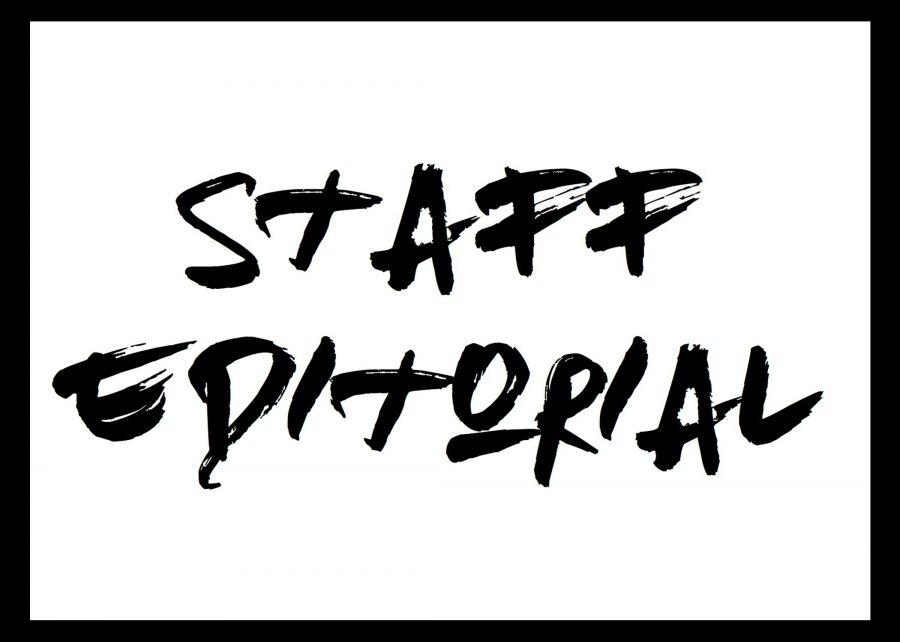Nov. 9, 2016: ominous clouds settled over the College’s hallowed towers as its inhabitants looked to each other for consolation. Feb. 3, 2016: light snow dusted the College’s many lampposts as its inhabitants looked to each other with gazes of dismay and urgency. President Trump’s immigration plan had been officially issued, and with it materialized our worst fears from his election.
As is typical of Wellesley, our community got to work. Dozens of us attended a massive rally in Boston. Others met on campus to collect, organize and brainstorm for the future. However, it is no longer sufficient to simply advocate. Rather it is necessary to make sure our actions fulfill the inclusive promises of our words. If we are to advocate on behalf of the thousands of Americans affected by President Trump’s immigration policies, then we must open our conversations to include the narratives of all the people we interact with everyday. This means recognizing the voices of our custodial, dining and health staff in our dialogues.
It means engaging in meaningful conversations with members of the custodial staff even when opportunities to do so must be intentionally initiated. It means asking staff from Wellesley Fresh how their day was, and making sure event spam makes it all the way to Health Services. It means waking up to the lives lived by the members of our community whose voices aren’t heard in classroom discussions or lunchtime panels.
In the wake of President Trump’s election, it was easy to turn to academia for solace. We found comfort in our professors and looked for stories of activism in our readings. Outside of class, we sought companionship amidst the vibrant fabric of student organizations that make up our community. We came together for cultural shows, rallies and activism trainings, trying to understand each other as the rest of the nation polarized itself.
While many of us were fearful, some of us were privileged enough to fear for the safety of others instead of the safety of ourselves. If you have the benefit of being in such a position, it is time to expand the horizons of your activism. If you intend to fight for the rights and safety of those affected by President Trump’s immigration policies, it is crucial to remember that your siblings are not the only members of the College community whose wellbeing is at stake.
Imagine resting in the aftermath of the election outside of a space that provides forums for productive discourse and fosters companionship. Suppose providing for yourself and your family did not allow you the leisure to seek support.
Our staff do not necessarily have easy access to similar kinds of community spaces, nor do they necessarily live in areas that feel as insulated as the Wellesley bubble. Many of them hail from the exact communities that have recently become targets of President Trump’s unrelenting xenophobia. Even if they are not threatened themselves, it is likely that some of them have family members whose safety is threatened. It is our responsibility to be cognizant of these issues and allow our spaces to be their spaces.
We have the luxury of attending an elite college where we can eat meals, use clean bathrooms and walk alongside mowed lawns without ever needing to think about how those things came to be. When we graduate, we will become part of the 30 percent of Americans who hold a bachelor’s degree and part of the 6.7 percent of the world who complete any college at all. The benefits we have now and the advantages that come with our degrees will be undeserved if we neglect to pay attention to every single person who provided us with the tools to acquire them.
Last Thursday, Raíz held a rally to support Muslim and undocumented immigrants that was inclusive to all members of the community. It was one of the first and best steps towards building campus wide sanctuary that let all of the College’s voices be heard. It is now vital for us to continue this practice. We need to keep hosting forums that are accessible and accommodating. We need to redefine what we mean by “campus-wide” when we host public events. We need to work to build connections and most importantly, we need to pay attention.





